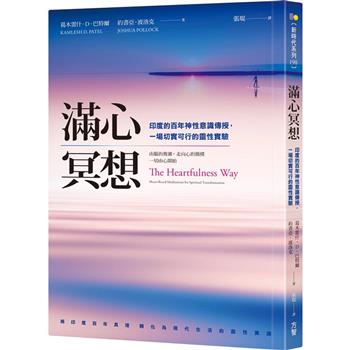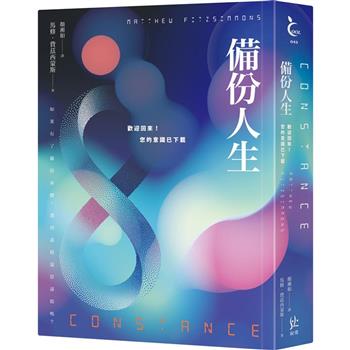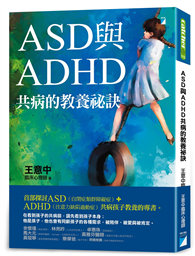Museums in Israel After the Holocaust explores the influence of the traumatic events of the Holocaust on the formation of a cultural heritage policy during the foundational years of the State of Israel.
Based on primary research, the book offers a new understanding of cultural practices after the Second World War, while analyzing the role of key Jewish cultural representatives who shaped museum collections that emerged during this period. The book investigates the ways Israel has dealt with the complicated history of "heirless" Jewish cultural objects and questions of ownership, by providing a detailed examination of the process of allocation of "heirless" Jewish cultural property handled by two American-Jewish organizations: the Jewish Restitution Successor Organization (JRSO) and the Jewish Cultural Reconstruction (JCR) in the immediate years following the Second World War. The book takes a material culture approach, which explores the meanings and values attached to an object over the course of time and during its transition between different owners.
Museums in Israel After the Holocaust is essential reading for academics, students, and professionals working on and interested in Holocaust and Israel studies, art history, material culture studies, museum studies, cultural heritage, and Middle Eastern studies.

 看圖書介紹
看圖書介紹









